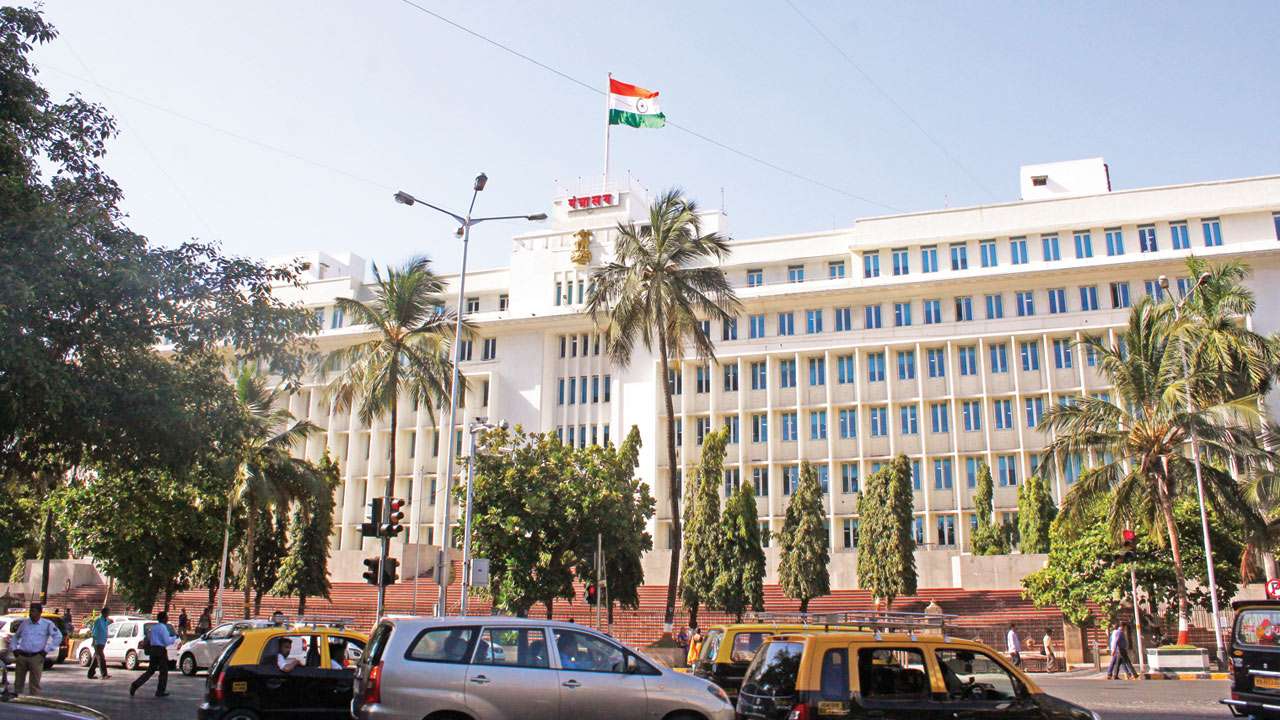
RTI applications filed by DNA over a period of two years have shown indifference by senior bureaucrats to the Supreme Court order, which means contempt of the court.
Sample this. After the Supreme Court order, an RTI application was filed on January 7, 2015 (not by DNA) to seek details of the order's implementation by the home department.
Only after the additional chief secretary (ACS-Home) was reprimanded and an inquiry ordered against the home department on May 5, 2015 by the chief information commissioner that a government resolution (GR) was released to put the SC order into effect. This is after the SC categorically asked home secretaries to ensure compliance and maintain records.
Incidentally, in the two years over which RTIs were filed by DNA, the home department has seen three additional chief secretaries while Mumbai police has seen two commissioners. The last ACS, Sunil Porwal went on to become a state information commissioner soon after retirement. He now heads the bench which has heard most of DNA's pleas.
Also read: Delays lead to acquittal, says former police chief
NA's first RTI query (see box) to know the status of the GR's implementation revealed that of the 18 committees that were to have meetings every three months, only six had any. Of the six, none but one gave proof — such as minutes of the meeting — that they had convened.
And those who did meet did not serve the purpose of the order. A total of 577 cases were identified where the accused were acquitted but no action was taken to deliver justice in the cases. Meetings of most committees started only after October 2016, when the police were directed to provide information on the meetings.
By the end of 2017, the situation was hardly any different. What came to be known was that in four committees, as per minutes of their meetings, the work of conducting meetings was relegated to officers junior to deputy commissioners of police, as mandated by the GR.
In six others, prosecutors who were members of the committee were not present, or rather, their signature was absent from the minutes of the meeting or they were not marked on copies of the minutes.
Also Read: I lost everything, says man wrongly convicted of rape
When DNA sought details of the action taken against DCPs for not implementing the GR and the SC order, the home department stated that as per the GR, Mumbai police commissioner is expected to take the action. The police department did not furnish the details on many occasions, repeatedly flouting a state information commissioner order which directed it to provide the information. Pleas of penalty and disciplinary action are pending with the information commission.
The home department did a U-turn of sorts when asked if the additional chief secretary, principal secretary or any other home department official was monitoring implementation of the GR.
Asked before the information commission to reply with a notarised affidavit which has the approval of the additional chief secretary (appeals and security), the home department said the GR needed some improvising and was under consideration.
On February 26, 2019, the department came out with another GR to make the first one more effective.
Also Read: Guilty walk scot-free as babus go slo-mo
Govt found first gr to be lacking, so it came out with another one, nearly 4 yrs later
Quoting the SC order, the GR says: “Formulate a procedure for taking action against all erring investigating/prosecuting officers. All such erring officers identified, as responsible for failure of a prosecution case on account of sheer negligence or because of culpable lapses, must suffer departmental action. The above mechanism formulated would infuse seriousness in the performance of investigating and prosecuting duties and would ensure that investigation and prosecution are purposeful and decisive.” The GR says all acquittal orders be studied. For this, a committee headed by DCP in Commissioner of Police (CP) jurisdiction and additional superintendent of police (SP) at district level was formed. The committee was to be headed by a DCP with inspector (crime) and public prosecutor as members in Mumbai. Every three months, a meeting was to be held. The decision and action-taken details were to be sent to the CP, SP and Directorate of Prosecution. CP and Directorate of Prosecution will primarily be responsible for implementing GR.
It is unfortunate that something like this is being implemented properly only after a series of RTI applications were filed. The topmost court’s order should not be treated like any other paper. This should have been done by the government on their own instead of being pursued through RTI. They could have given some clarity on training module too. They work as per their will which is uncalled for in a democratic process. If the order is implemented properly, it will reduce instances of innocents being accused and bring accountability into the system. —Bhaskar Prabhu, RTI activist whose application first brought to fore the contempt of SC order by state govt